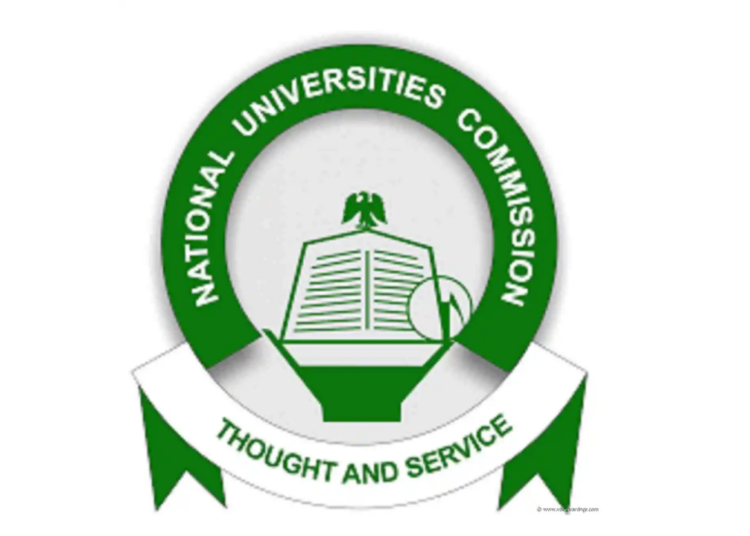Experts have applauded the efforts of the National Universities Commission (NUC) at curriculum re-engineering with the development and launch of the new Core Curriculum and Minimum Academic Standards (CCMAS).
The executive secretary of the Global University Network for Innovation (GUNi) Africa, Professor Juma Shabani, the secretary general of the Association of African Universities (AAU), Professor Olusola Oyewole and scholars at a global quality assurance conference held in Washington, DC, said that CCMAS would enhance quality teaching and learning in Nigerian universities.
Shabani, a former head of the United Nations Educational Scientific and Cultural Organisation (UNESCO) Bamako Cluster Office and had participated in similar exercises, referred to the process as “revolutionary” and worth emulating by other African countries in the quest to attain the African Union’s Agenda 2063.
At the post-launch sensitisation workshop held for vice-chancellors, Oyewole who delivered the keynote address was excited about what he labelled as “the future-fit curricula” and described NUC’s efforts as “building the future today”.
According to him, “The executive secretary of the National Universities Commission, Professor Abubakar Adamu Rasheed, has become the instrument for restoring the originality in the Nigerian university system. He is returning to the Nigerian university system confidence and trust.”
Speaking to newsmen in Abuja on return from the Washington conference, the chairman of the NUC Strategy Advisory Committee (STRADVCOM) Professor Peter Okebukola attributed the trajectory to the far-sightedness of Professor Abubakar Adamu Rasheed who has fired a revolution in the Nigerian university system guided by the Blueprint on Rapid Revitalisation of University Education in Nigeria (2019-2023).
Okebukola said, “The curriculum re-engineering process under Professor Rasheed is not just a quick fix which began few months ago as wrongly portrayed by some.
“It is a six-step process which began with a sensitisation lecture about five years ago. This was followed by survey of the gaps in the existing curricula of Nigerian universities.
“The input from the findings formed the basis of a revised edition of the curricula by teams of national and international experts in the disciplines, and private sector players led by the Nigerian Economic Summit Group (NESG).”











